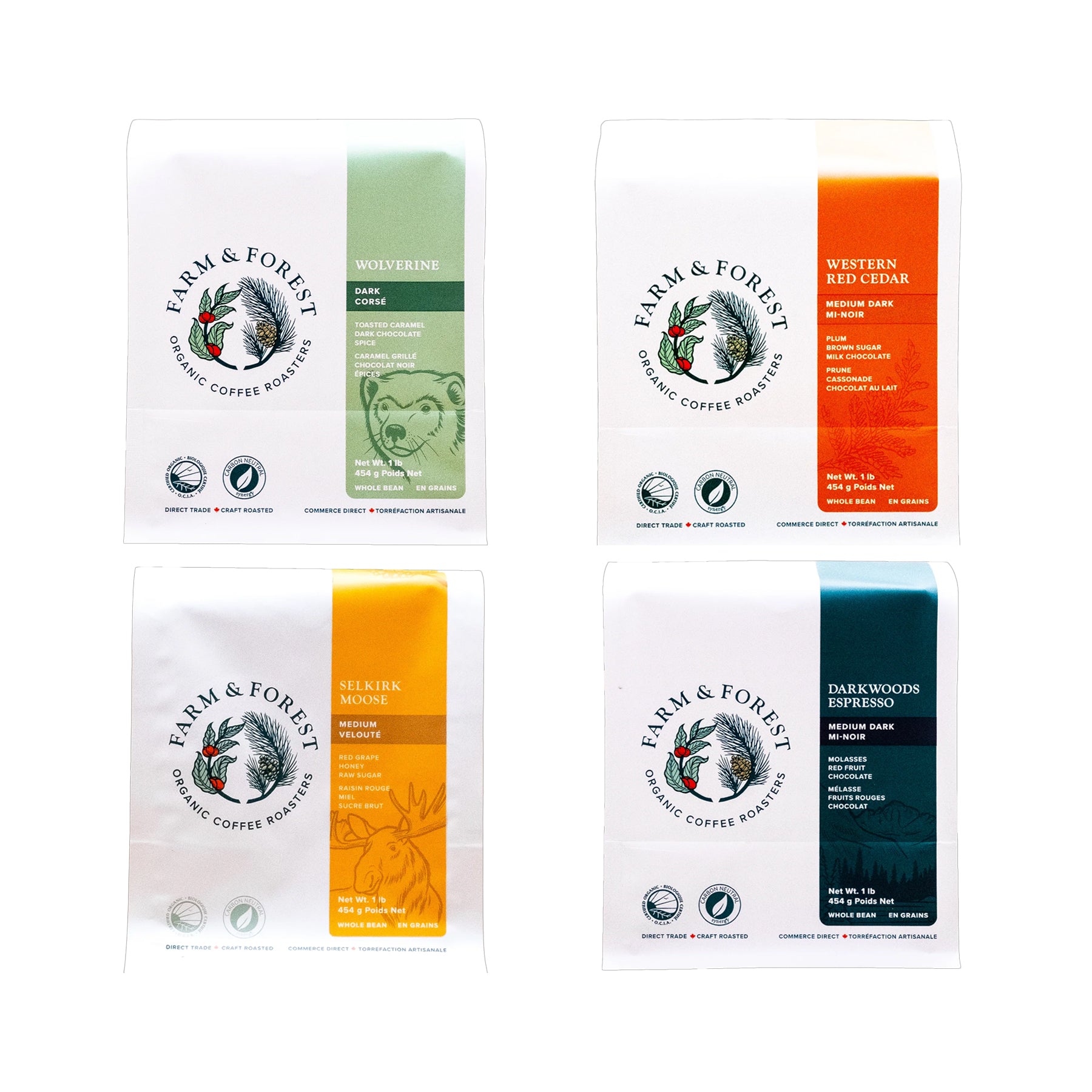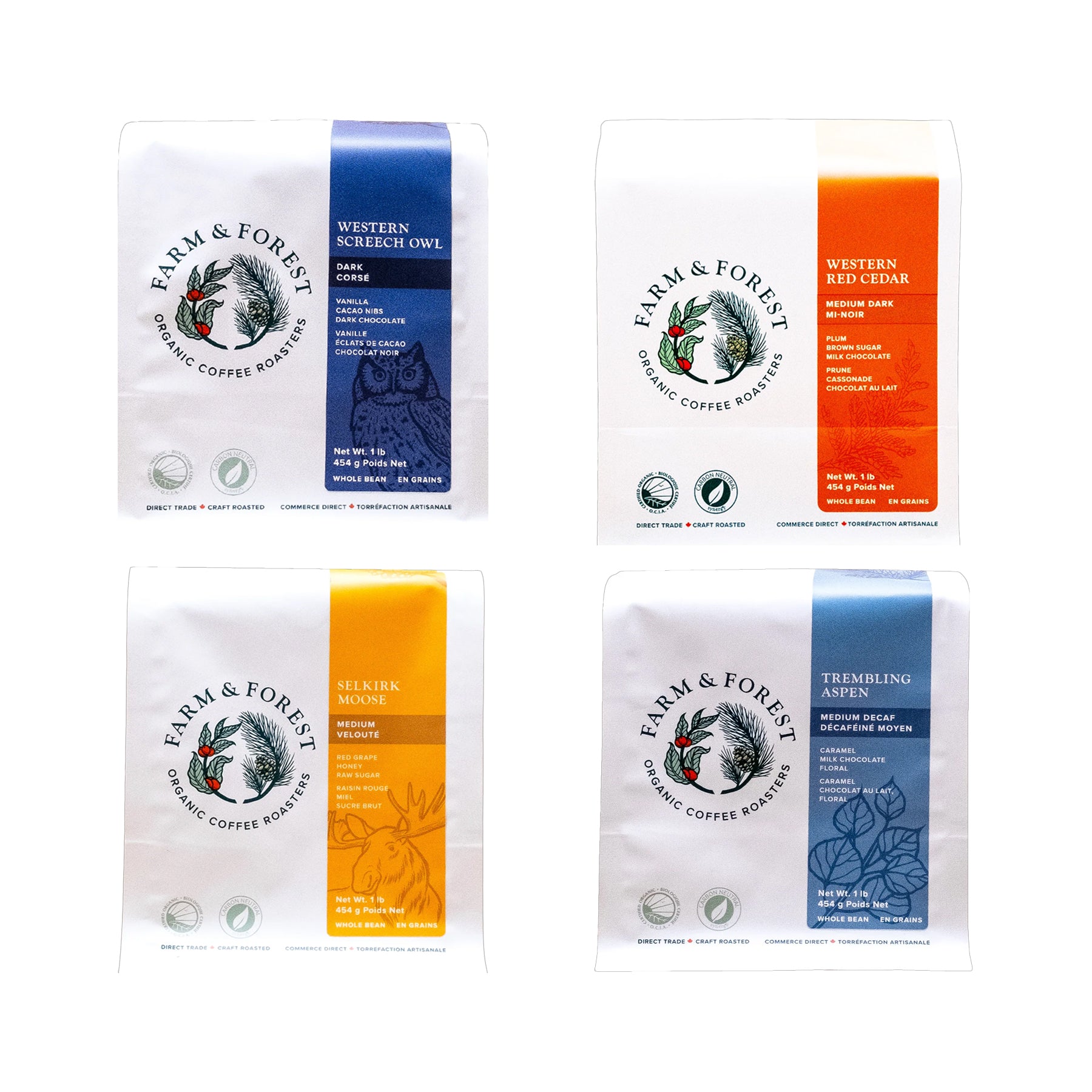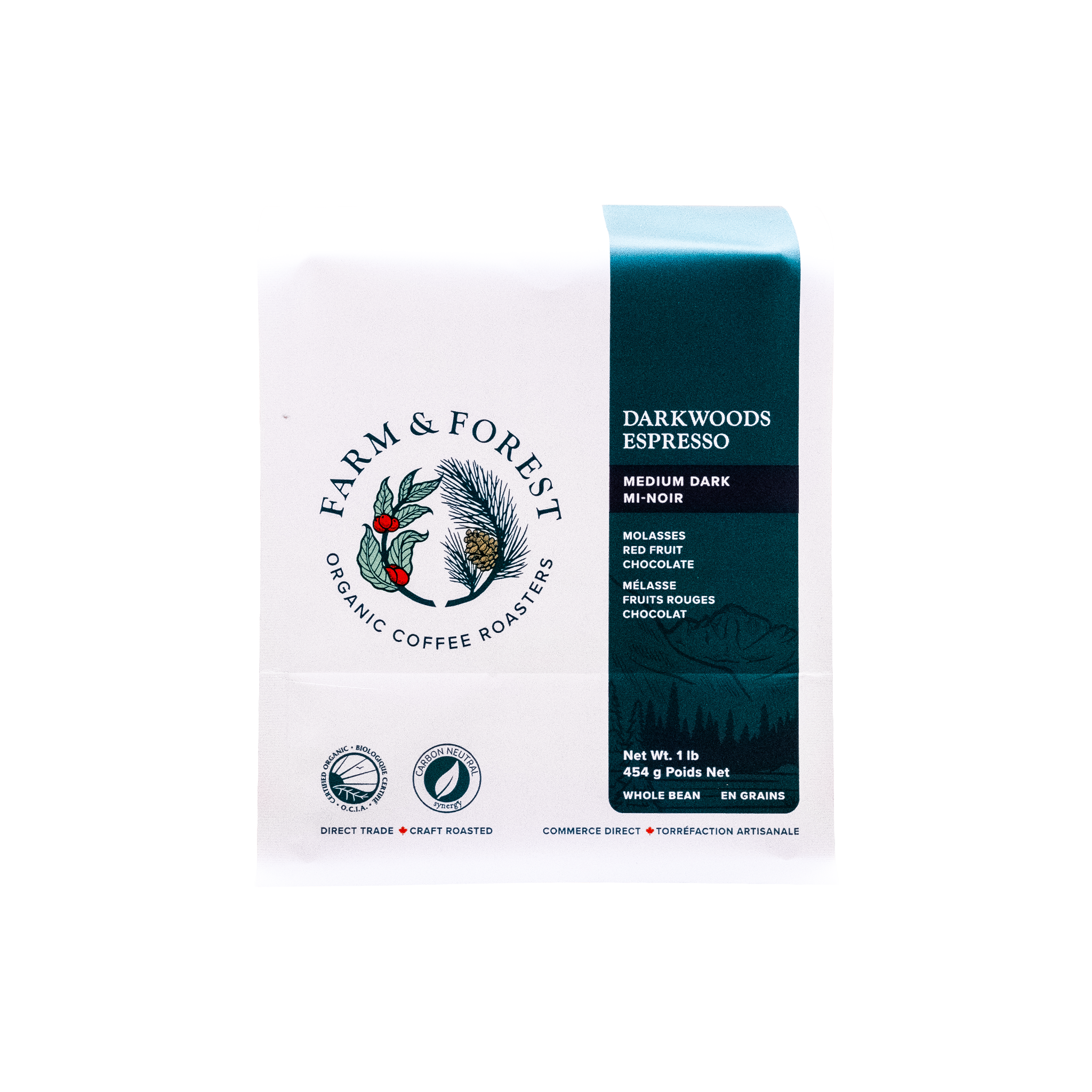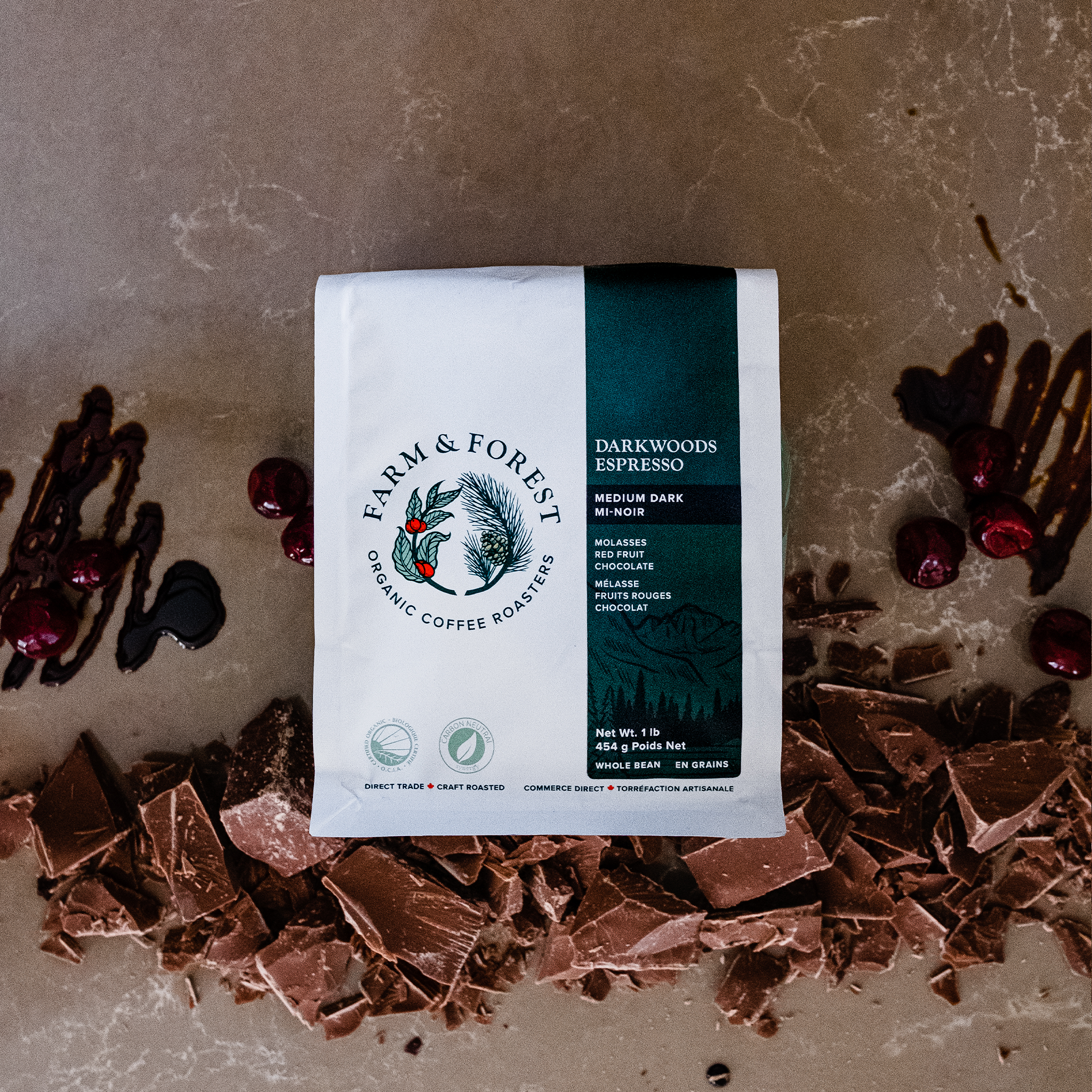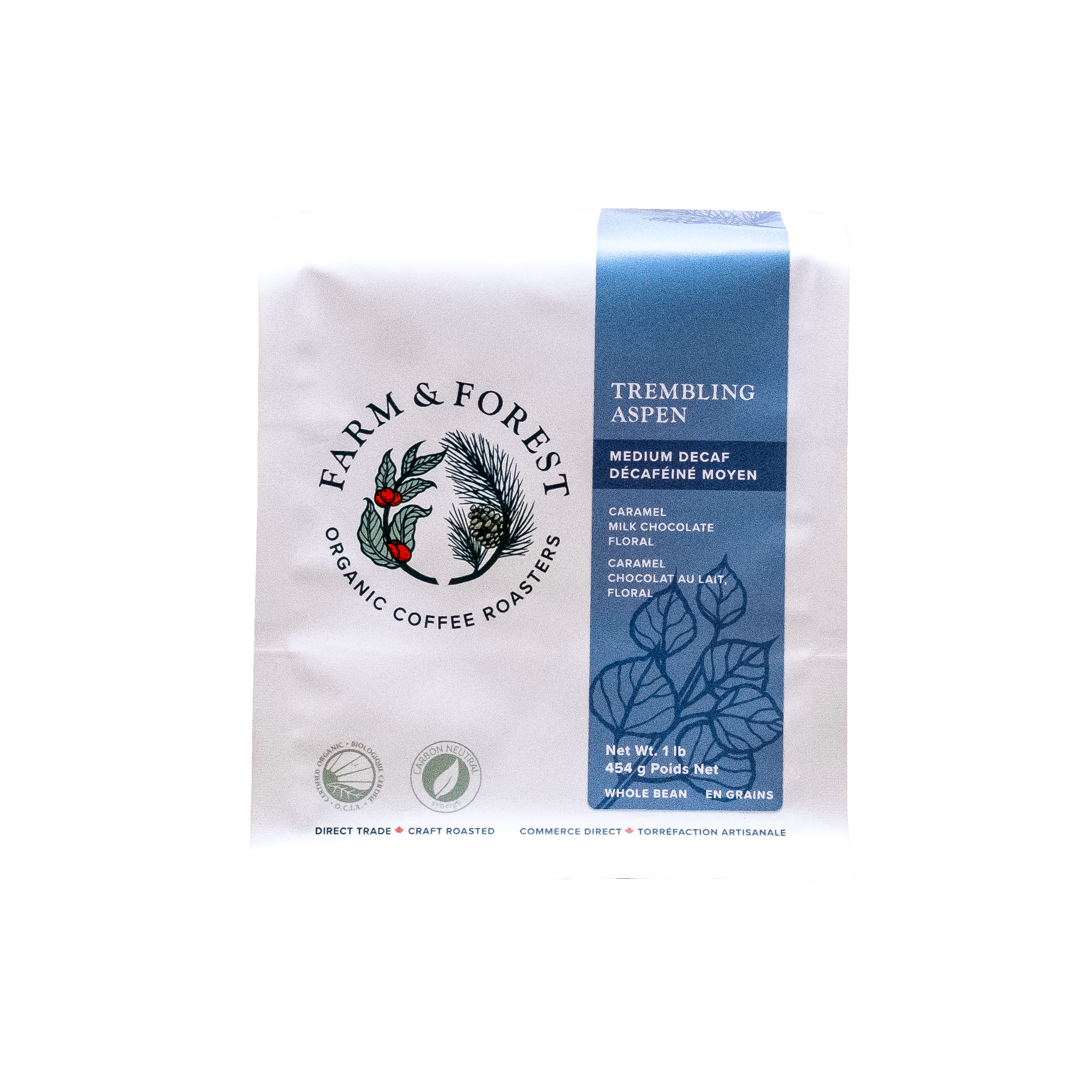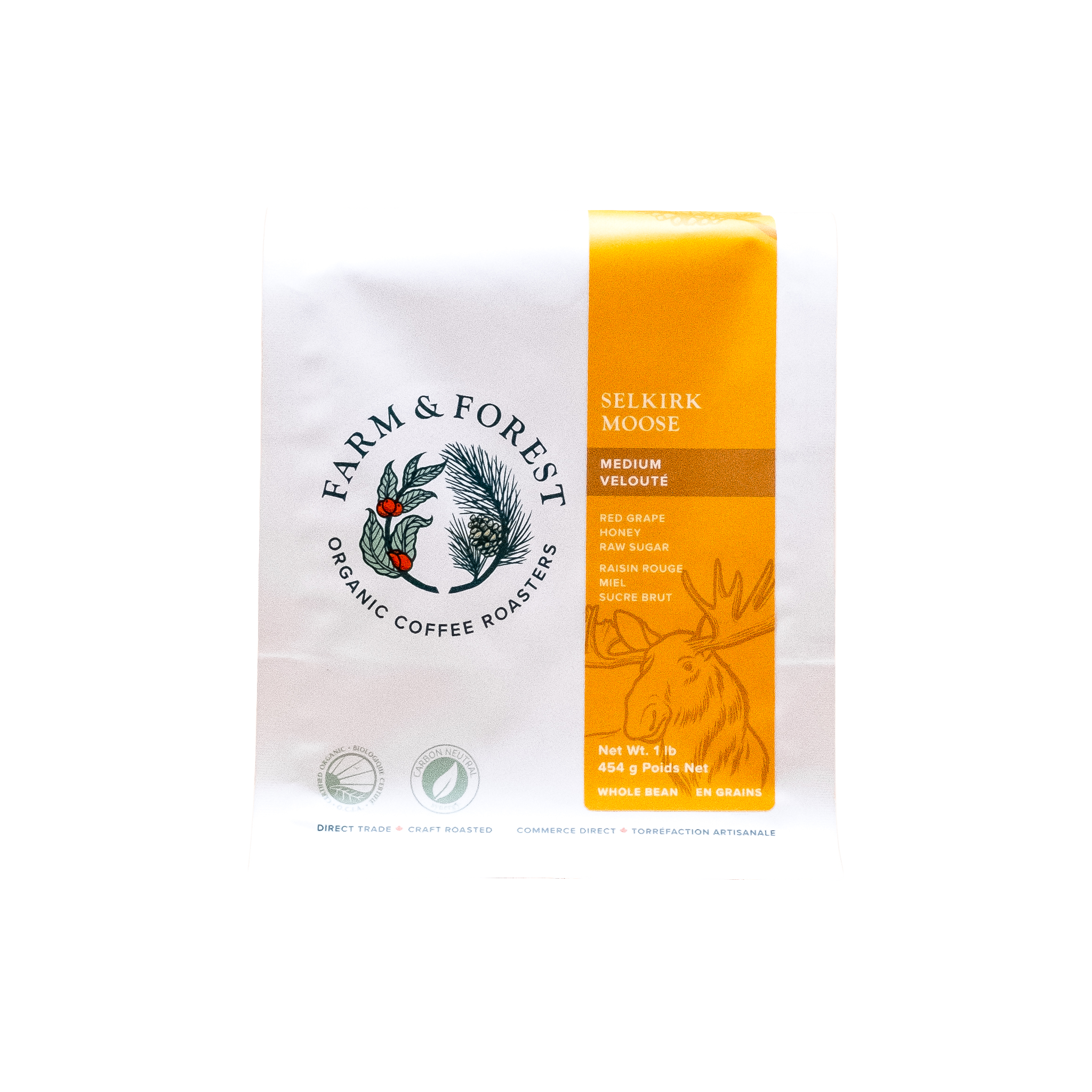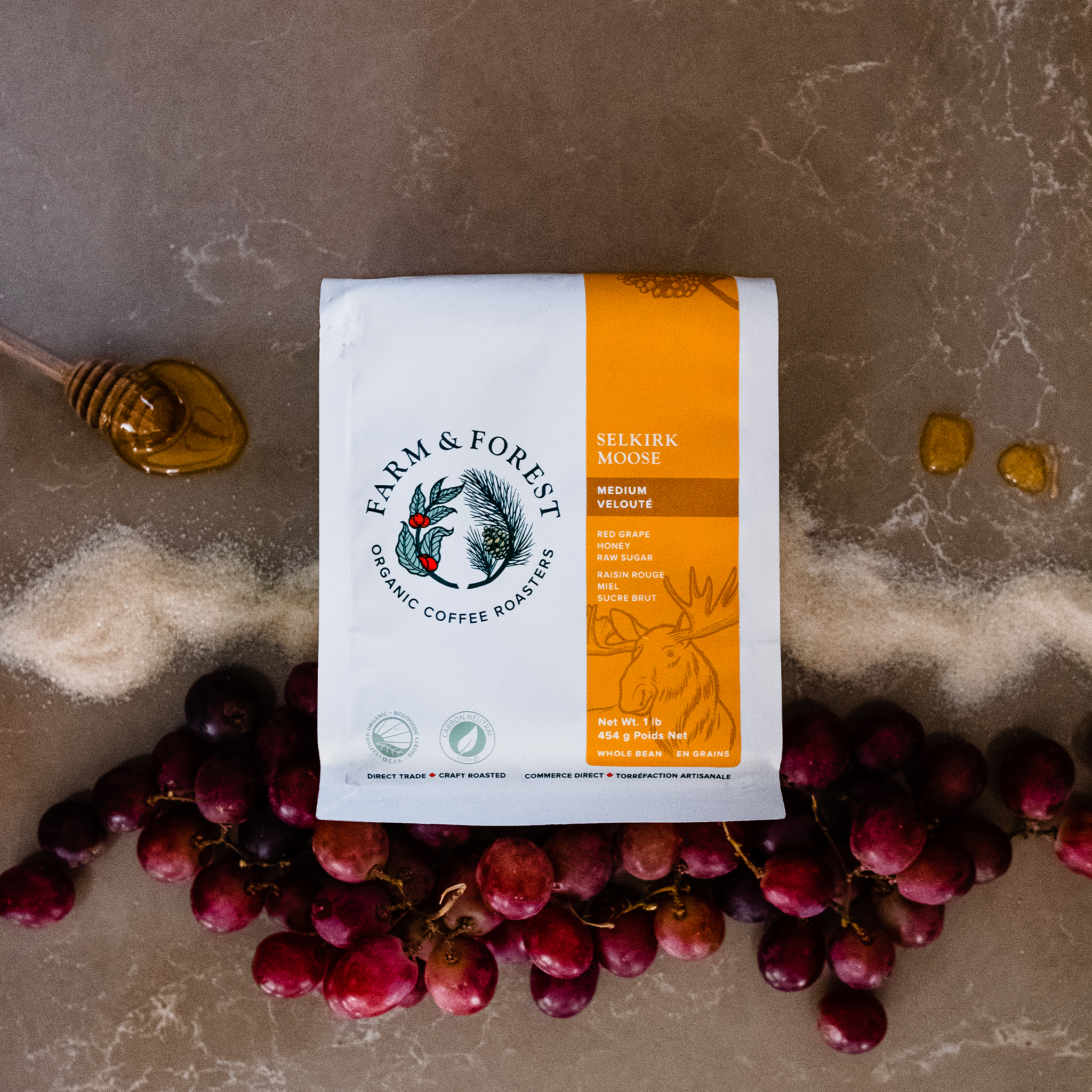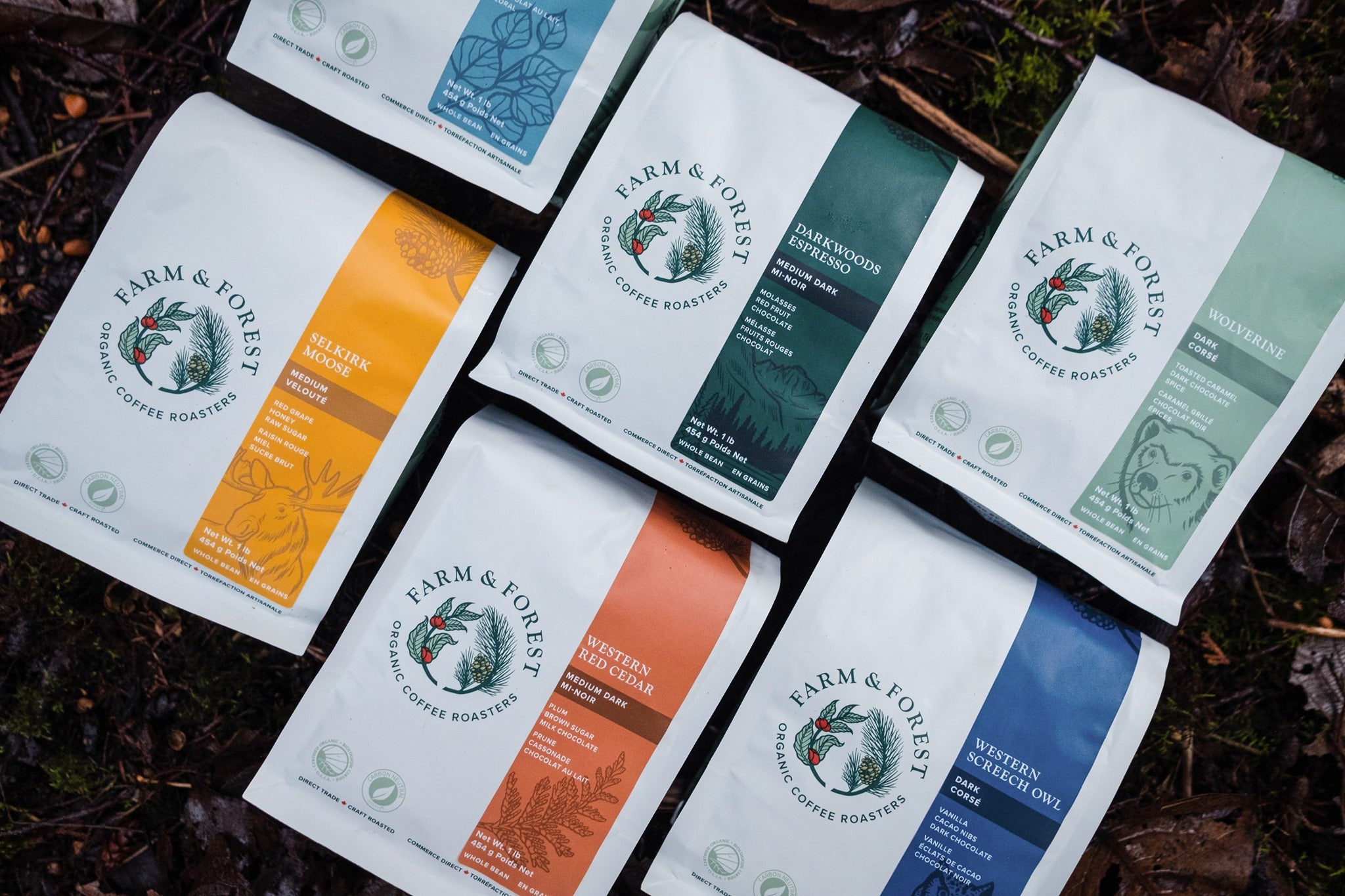What is terroir and how does it affect your coffee
In coffee, every sip offers a journey of flavours and complexities, and there's a hidden force at play: terroir. Much like the revered concept in winemaking, terroir encapsulates the essence of a specific geographical area, influencing the character and nuances of the coffee beans grown there. In this article, we delve into the realm of terroir and uncover its profound impact on the coffee in your cup.
In this article we’ll cover:
- What is Terroir, and what is its impact on coffee
- How the soil influences the quality of coffee
- How local climate and altitude influence the quality of coffee
- How sustainable practices impact terroir
What is Terroir, and what is its impact on coffee
Terroir, a term borrowed from the world of winemaking, refers to the unique combination of environmental factors that influence the characteristics of agricultural products, such as coffee beans.
These factors include soil composition, climate, altitude, topography, and even cultural practices. Together, they create a distinctive fingerprint for each coffee-growing region, shaping the flavour, aroma, and quality of the beans produced there.
The impact of terroir on coffee is profound and multi-faceted. Soil composition plays a crucial role, as different minerals and nutrients present in the soil can impart distinct flavours and qualities to the coffee beans.
Overall, terroir shapes every aspect of the coffee-growing process, from the initial cultivation to the final cup. It's what gives coffee its sense of place, allowing enthusiasts to explore a diverse range of flavours and experiences from different regions around the world. By understanding and appreciating terroir, coffee lovers can develop a deeper connection to the beans they brew and savor.
How the soil influences the quality of coffee
Understanding and managing soil quality is crucial for coffee growers to produce beans of exceptional quality and flavour. By optimizing soil conditions, growers can unlock the full potential of their coffee plants and produce beans that delight discerning coffee enthusiasts. Here are the main factors:
-
Nutrient Absorption: The composition of soil directly affects the nutrients available to coffee plants. Nutrient-rich soil can enhance the growth and health of the plants, leading to better-quality beans.
-
pH Levels: Soil pH influences the availability of nutrients to coffee plants. Optimal pH levels ensure that essential nutrients are readily absorbed, promoting healthy plant development and higher-quality beans.
-
Mineral Content: Different minerals present in the soil can impact the flavour profile of coffee beans. For example, volcanic soils rich in minerals like potassium and magnesium may impart unique flavours and characteristics to the beans.
-
Water Retention: Soil's ability to retain water affects the hydration levels of coffee plants. Adequate water retention ensures consistent moisture for the plants, promoting optimal growth and bean development.
- Drainage: Proper drainage is essential for preventing waterlogging, which can lead to root rot and poor bean quality. Well-drained soil allows excess water to flow away, maintaining the health of the coffee plants and the quality of the beans.
- Soil Microorganisms: Beneficial microorganisms present in the soil contribute to nutrient cycling and plant health. Healthy soil ecosystems support robust coffee plant growth and the development of flavourful, high-quality beans.
- Organic Matter: Soil rich in organic matter provides essential nutrients and fosters a favorable environment for beneficial soil organisms. Organic matter improves soil structure, water retention, and nutrient availability, ultimately enhancing the quality of coffee beans.
How local climate and altitude influence the quality of coffee
By considering the interplay between local climate and altitude, coffee growers can strategically cultivate their crops to produce beans with specific flavour profiles and characteristics. This nuanced approach to coffee farming harnesses the natural attributes of the environment to create exceptional coffees prized by enthusiasts around the world.
-
Temperature: The local climate directly affects the temperature at which coffee plants grow. Cooler temperatures at higher altitudes slow down the maturation process, allowing the beans to develop more complex flavours and aromas.
-
Sunlight Exposure: The amount and intensity of sunlight influence the photosynthesis process in coffee plants. In regions with ample sunlight, coffee plants can produce sugars more efficiently, resulting in sweeter and more flavourful beans.
-
Rainfall Patterns: Adequate rainfall is essential for coffee plant growth, but excessive or irregular rainfall can negatively impact bean quality. Regions with well-distributed rainfall patterns provide consistent moisture for the plants, promoting healthy growth and development.
-
Altitude: Higher altitudes generally result in cooler temperatures, which slow down the ripening process of coffee cherries. This extended maturation period allows for the development of more complex flavours and higher acidity levels in the beans.
-
Oxygen Levels: Oxygen levels decrease with altitude, which can influence how coffee cherries develop. Lower oxygen levels may slow down the fermentation process during cherry maturation, contributing to the unique flavour profile of high-altitude coffees.
-
Pest and Disease Pressure: Climate conditions can affect the prevalence of pests and diseases in coffee-growing regions. Cooler temperatures at higher altitudes may reduce pest populations and disease pressure, leading to healthier coffee plants and higher-quality beans.
-
Microclimates: Local variations in climate, known as microclimates, can create unique growing conditions within a region. These microclimates may produce distinct flavour profiles in coffee beans, even within the same geographical area.
-
Seasonal Variation: Climate patterns can vary seasonally, impacting coffee plant growth and bean development. Understanding seasonal variations in temperature, rainfall, and sunlight exposure is essential for optimizing coffee cultivation practices and maintaining bean quality.
How sustainable practices impact terroir
By considering the interplay between local climate and altitude, coffee growers can strategically cultivate their crops to produce beans with specific flavour profiles and characteristics. This nuanced approach to coffee farming harnesses the natural attributes of the environment to create exceptional coffees prized by enthusiasts around the world.Sustainable practices in coffee production can guarantee that it is grown and processed using farming methods that avoid the use of synthetic pesticides, fertilizers, and other harmful chemicals. Those methods promote soil health, conserve water, and protect wildlife. Here are the facts about sustainability that can impact terroir:
-
Soil Health: Sustainable practices such as composting, cover cropping, and minimal tillage help maintain soil fertility and structure. Healthy soil supports diverse microbial communities and nutrient cycling, contributing to the unique characteristics of terroir.
-
Biodiversity Conservation: Sustainable farming methods promote biodiversity by preserving native vegetation, creating habitat corridors, and avoiding the use of harmful chemicals. A diverse ecosystem enhances soil health, pollination, and pest management, enriching the terroir and fostering resilience against environmental stressors.
-
Water Conservation: Sustainable practices, such as drip irrigation, rainwater harvesting, and mulching, minimize water usage and prevent soil erosion. By preserving water resources and maintaining soil moisture, sustainable farming supports optimal growing conditions for coffee plants and preserves the integrity of terroir.
-
Carbon Sequestration: Sustainable agriculture practices, including agroforestry, reforestation, and shade-grown coffee cultivation, help sequester carbon dioxide from the atmosphere. Carbon-rich soils improve soil fertility, water retention, and resilience to climate change, enhancing the expression of terroir in coffee beans.
-
Reduced Chemical Inputs: Sustainable farming avoids the use of synthetic fertilizers, pesticides, and herbicides that can degrade soil health and contaminate water sources. By prioritizing organic and natural inputs, sustainable practices maintain the purity of terroir and minimize negative environmental impacts.
-
Community Engagement: Sustainable coffee farming involves collaboration with local communities, and stakeholders to promote social equity and economic development. Fairtrade practices, cooperative ownership, and transparent supply chains empower farmers and strengthen the connection between terroir and coffee consumers.
-
Long-Term Viability: Sustainable practices prioritize the long-term health and resilience of coffee ecosystems, ensuring the continued expression of terroir for future generations. By fostering environmental stewardship and adaptive management, sustainable farming safeguards the integrity and diversity of coffee-growing regions worldwide.
In conclusion, the journey from coffee cherry to brewed cup involves every decision made, from fermentation to sorting, shaping the flavour and quality of the final product. Furthermore, these methods not only influence the sensory experience but also reflect the unique terroir of coffee-growing regions worldwide. By embracing sustainable practices, producers can preserve and enhance terroir, unlocking the full potential of their crops. Ultimately, every cup of coffee tells a story of craftsmanship, innovation, and the delicate balance between nature and human expertise.
And if you are looking for coffee with a careful journey from farm to cup, Farm & Forest Organic Coffee is all you need. We source our organic coffees from some of the world’s finest growing regions and roast them at our carbon-neutral facility, nestled near the shores of the Pacific Ocean.
While helping us take care of our planet, 15¢ from every pound of coffee sold is donated to the Nature Conservancy of Canada to protect habitat for our nation’s wildlife.



